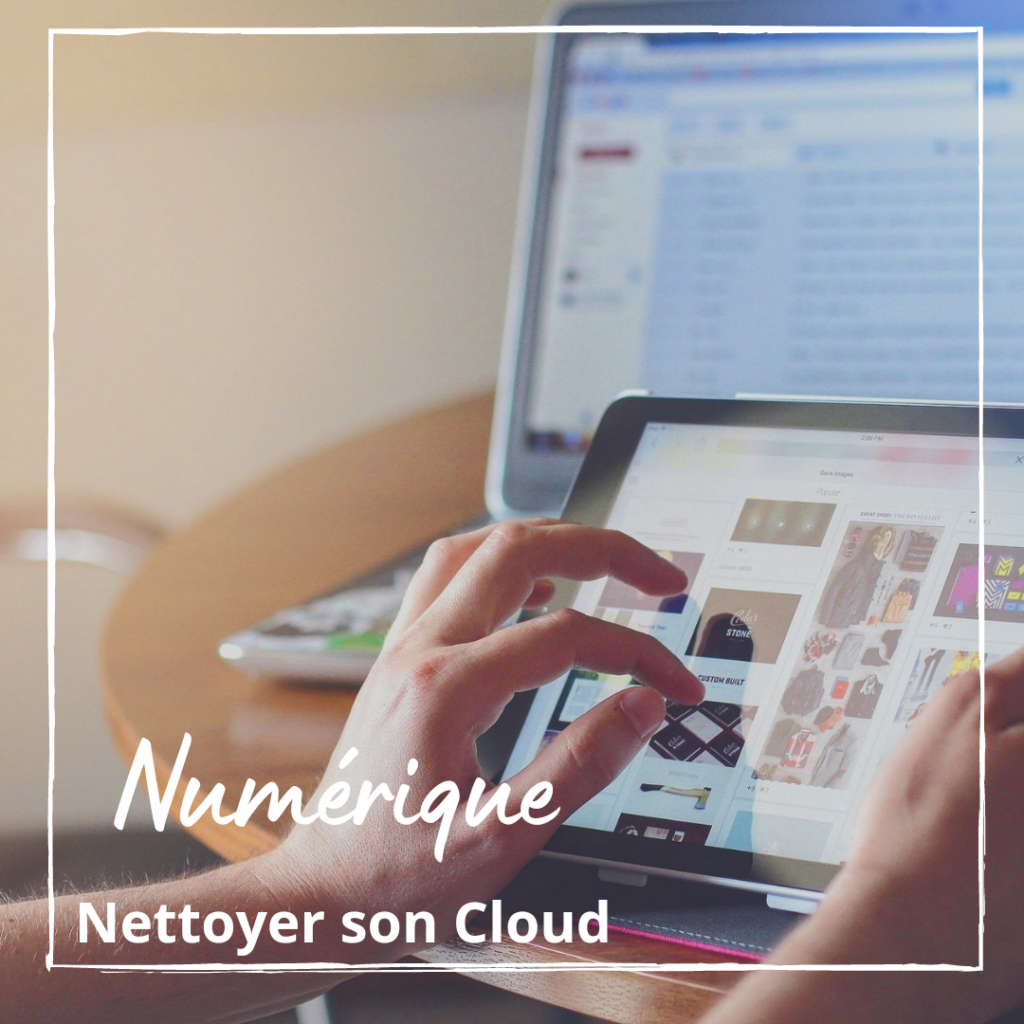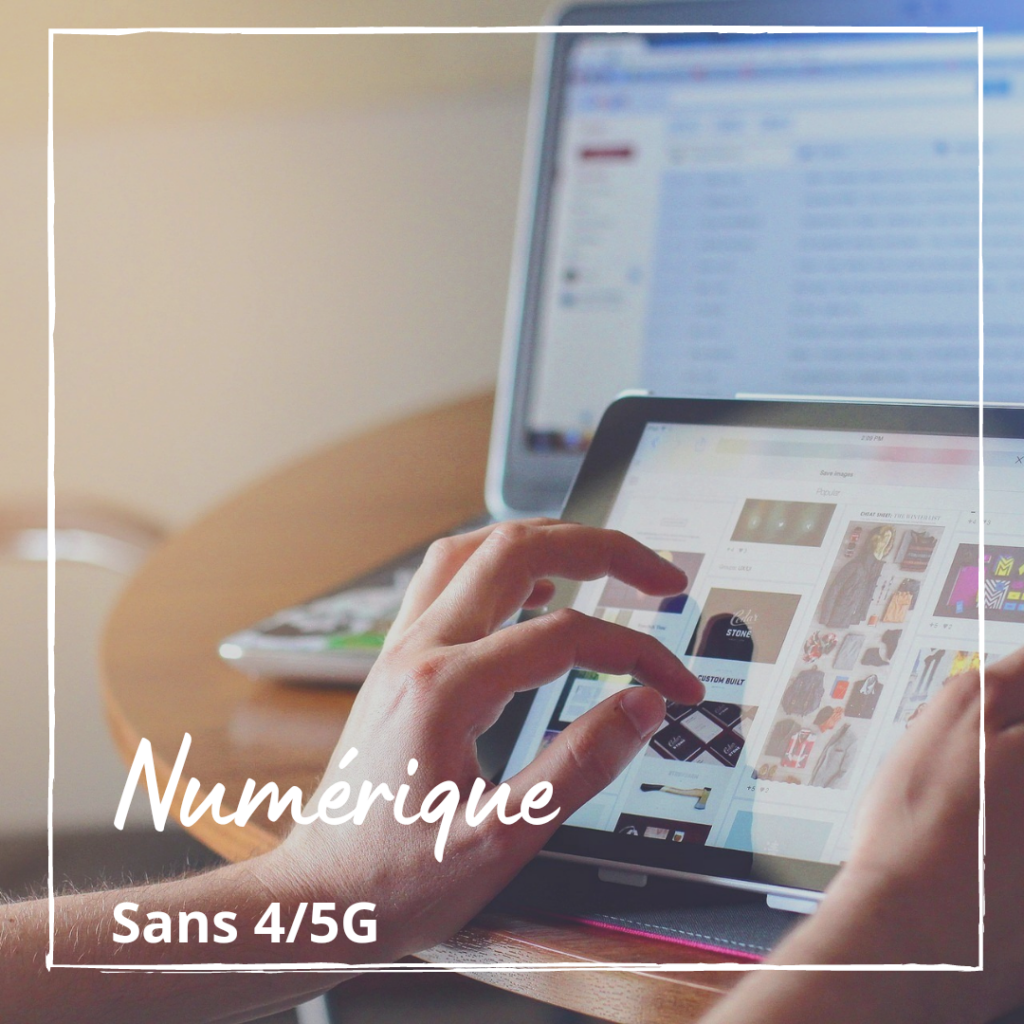
Digital
Digital technology is part of our lifestyles to such an extent that its carbon footprint is growing very significantly (+8% per year), representing 4% of global greenhouse gas emissions !
How ? paradoxically, the more we dematerialize and the more we use the virtual, the more we consume energy and non-renewable natural resources.
If the Internet was a country it would be the 3rd world consumer of electricity after China and the United States. 7 to 10% of the world's electricity would be consumed by the Internet only.
To remedy this digital pollution; it is urgent to start a process for digital sobriety, in a nutshell, learn to disconnect.

Take it easy on social media
Limit your presence on social media to 1 hour a day and allow yourself more personal time.
Tips : smartphones count the time spent on social media and any other application (Settings -> Apps -> Screen time). And to help you disconnect; stop notifications and schedule your connexion time
Why limit social media? It has been proven many times over, it is a real addiction that can have many repercussions on our mental health.
A recent study conducted by the University of Pennsylvania, and published in the Journal of Social and Clinical Psychology, proved that limiting our daily use of social media helps combat loneliness and depression.
If it remains difficult to completely disconnect, delete the media and throw away your smartphone, it is quite possible to use them more intelligently… Or more consciously.

Clean up your Cloud
Delete unnecessary files both in personal equipment (computer, external hard drive, etc.) and increasingly externally, in particular on the “Clouds”.
Tips : Also remember to empty your trash regularly or adjust your settings so that your operating system does it automatically on a regular basis.
Convenient to access your data from anywhere and from any device! But this digital (extra-)comfort consumes energy to keep the data and to route it when it is needed!
Your computer will be more energy-efficient, more effective and more durable.
Stop saving on the Cloud! What if we went back to the USB key and the external hard drive?

With no 4/5G
Disable cellular data (4 or 5G) on your phone when you have access to WiFi, an ADSL, fiber connection, etc. and especially at home.
Mobile data provides wireless Internet access via the same cellular networks that allow calls and text messages. The coverage area of the cellular data network is very wide, unlike Wi-Fi, allowing users to leave the Wi-Fi zone without losing Internet access.
According to the scenarios, 5G would lead to the emission of 2.7 to 6.7 million tonnes of CO2 equivalent in 2030 because this data consumption uses energy. People who want to limit their carbon impact should therefore avoid data consumption in general.

Take it easy on streaming
Watch less online videos
Tips : use wifi, favor audio formats or podcasts, reduce the definition of the video, download the video, etc.
Watching a film or sharing a video generates the activation of a series of devices, both at the level of the transmitting antennas and on all the different blocks structuring the Internet (activation of storage servers, energy necessary to send the data etc.).
All of them being high energy consumers and in themselves high emitters of greenhouse gases.

Clean up your mailbox
Keep only the necessary emails and delete the others (especially spam). Also remember to empty the trash and unsubscribe from useless or obsolete newsletters.
Tip : in France, since the GDPR law, you can delete your personal data as you wish.
An application for mass cleaning Cleanfox
Chaque heure, 10 milliards de mails sont envoyés. Cela correspond à 50 gigawatts-heure : c’est l’équivalent de la production électrique de 15 centrales nucléaires pendant une heure, ou de 4000 allers retours Paris-New York en avion.
Source : ADEME, Agence de la Transition écologique
